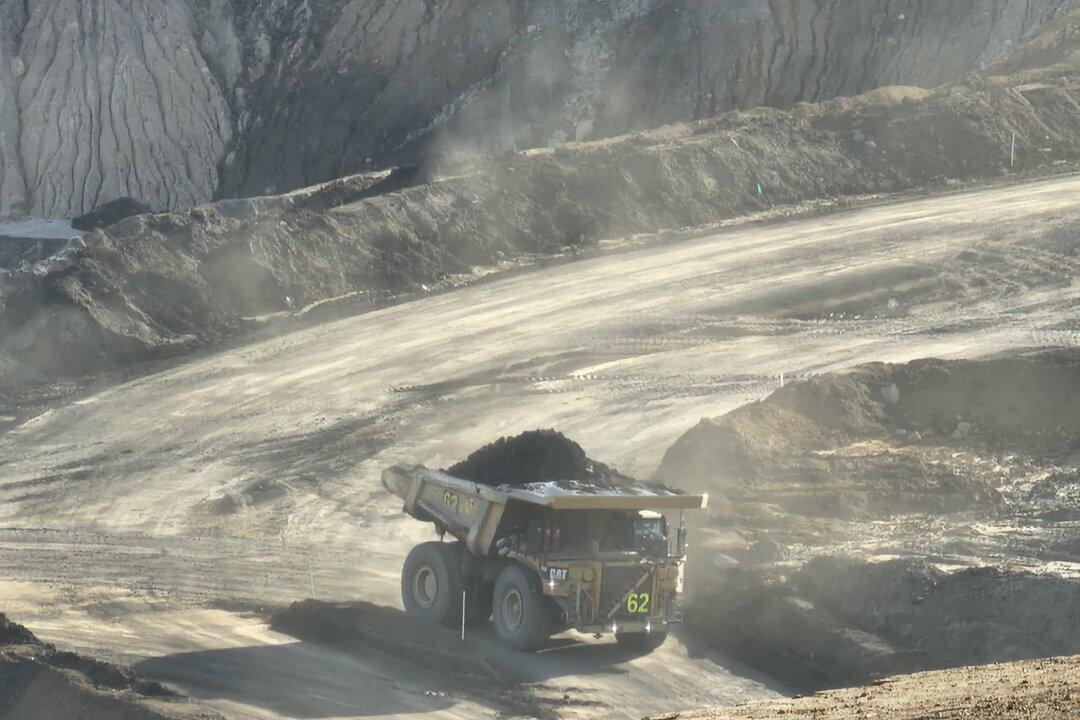Taxpayer funding for renewable energy projects and new manufacturing jobs should come with strong labour standards, a think tank says.
A report from the Australia Institute’s Centre for Future Work, released on Sep. 13, recommends guardrails for industrial relations so the renewable energy transition doesn’t come at the expense of workers.





